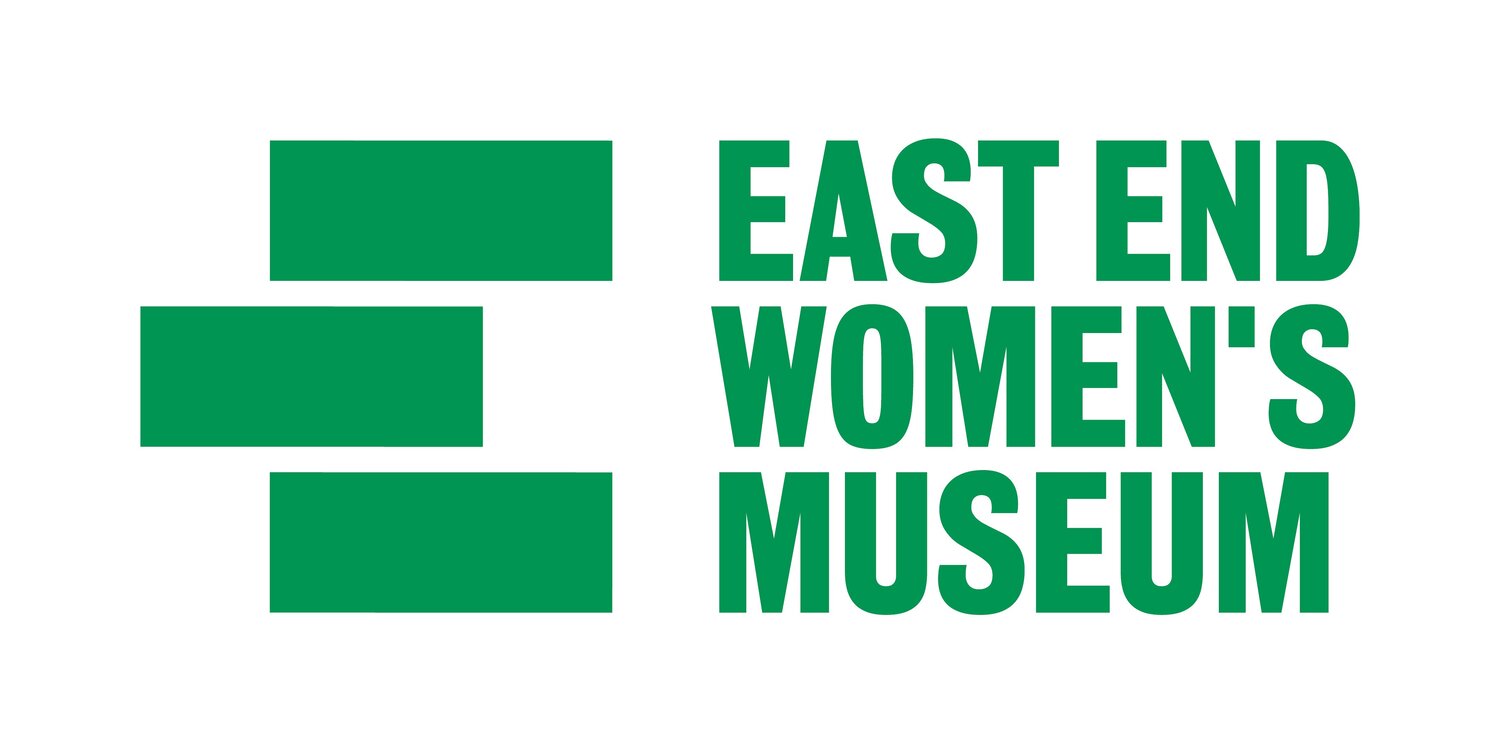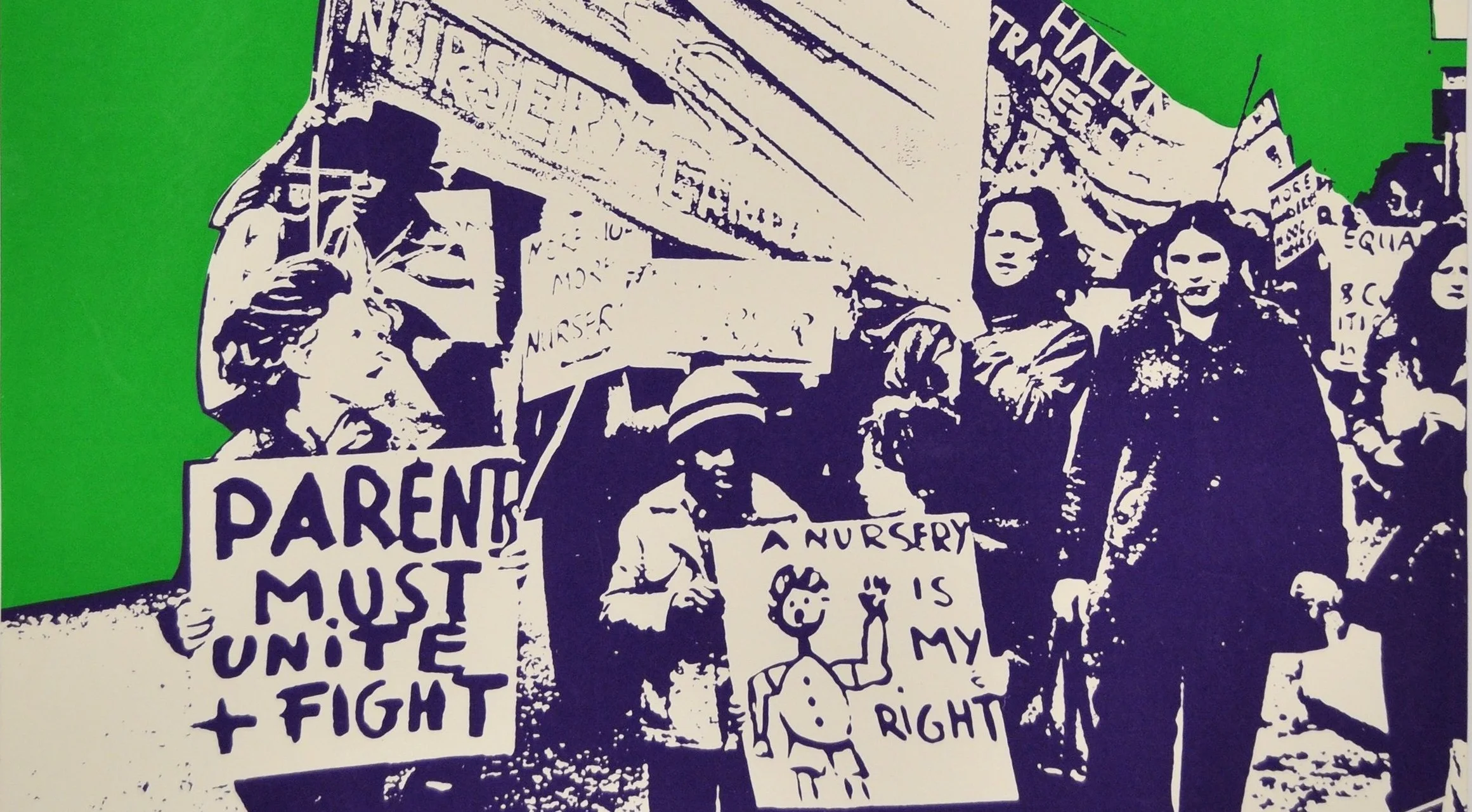Beyond the vote
Women have played an influential role in both local and national politics since they were first able to vote and to stand in elections. 1918 was the first year in which women over the age of 30 could vote in parliamentary elections, and stand for election as Members of Parliament (MPs).
In Hackney, 1918 also saw the elections of Florence May Ashdown and Muriel Wragge, the first women councillors to stand on Hackney and Shoreditch Borough Councils respectively. Over the last hundred years, women from a wide range of political parties have stood for election in Hackney, Shoreditch and Stoke Newington. Though today only 32% of MPs are women, both of Hackney’s elected parliamentary representatives – Diane Abbott and Meg Hillier - are.
Extending the right to vote to women meant that elected representatives and political candidates now had to appeal to women voters, and address the issues that impacted their lives. Between elections, women have shaped policy and legislation by lobbying decision makers at every level of government.
DIANE Abbott
“If ordinary people don’t engage in the political process, politics gets dominated by the powerful.”
Born in London to Jamaican parents, Abbott was the first black woman to become an MP when she was elected to represent Hackney North & Stoke Newington in 1987.
Abbott’s career in politics began in 1982 when she was elected to Westminster City Council. She was active in the Black Sections movement within the Labour Party, campaigning for greater ethnic minority political representation.
In this oral history interview, she talks about her background in community based activism, how she got into politics, and why it is so important to be involved today.
Poster, Hackney Museum. Original image, Hackney Flashers.
Hackney Council Women’s Sub-Committee Poster, 1982
Hackney Council set up a women’s rights committee to fulfil a manifesto pledge to give much greater attention to the needs of women in the borough. It was criticised in the local press as ‘sexism gone mad’.
This poster promotes the first meeting at Hackney Town Hall which 150 women attended. The Committee explored pre-school childcare, jobs, domestic violence, racial disadvantage and welfare rights. Early successes include the removal of sexist language from the council minutes and the introduction of guidelines and training for staff.
Few ethnic minority or young women attended. When the Committee initially failed to campaign against the deportation of a mother and children to Ghana, Lester Lewis of the Hackney Black People’s Association complained that “‘Hackney Listens to Women’ apparently only applies to white women.”
ROz KaVENEY
“I’m terribly sorry officer. But I helped write the law, so I think I know better than you what it says!”
Roz Kaveney is a British writer, critic, and poet living in Hackney. She is also a founding member of Feminists Against Censorship, a former deputy chair of Liberty and has worked as transgender rights activist.
She was invited to be part of a policy forum during the creation of The Gender Recognition Act (2004) a law which enabled trans people to get their gender identity legally recognised on their birth certificate and other documents for the first time. Kaveney also worked on the Equalities Act (2010).
In a film [video and transcript to follow] featured in the exhibition she discusses her role in shaping the Gender Recognition Act, the issues and the moral questions raised by the process, and why the current legislation is in need of reform.

